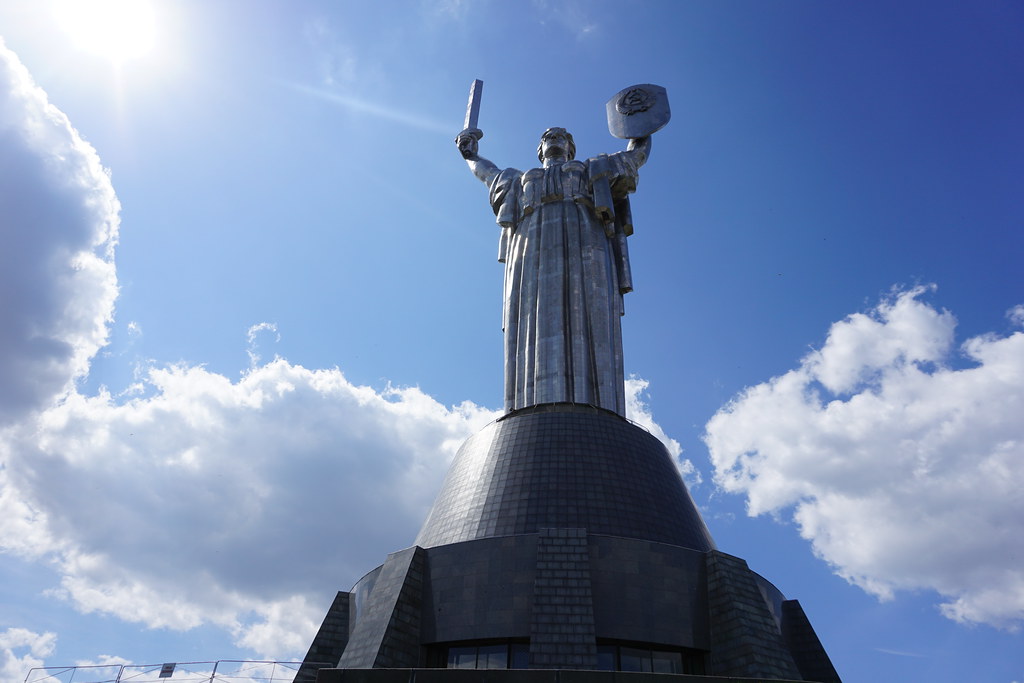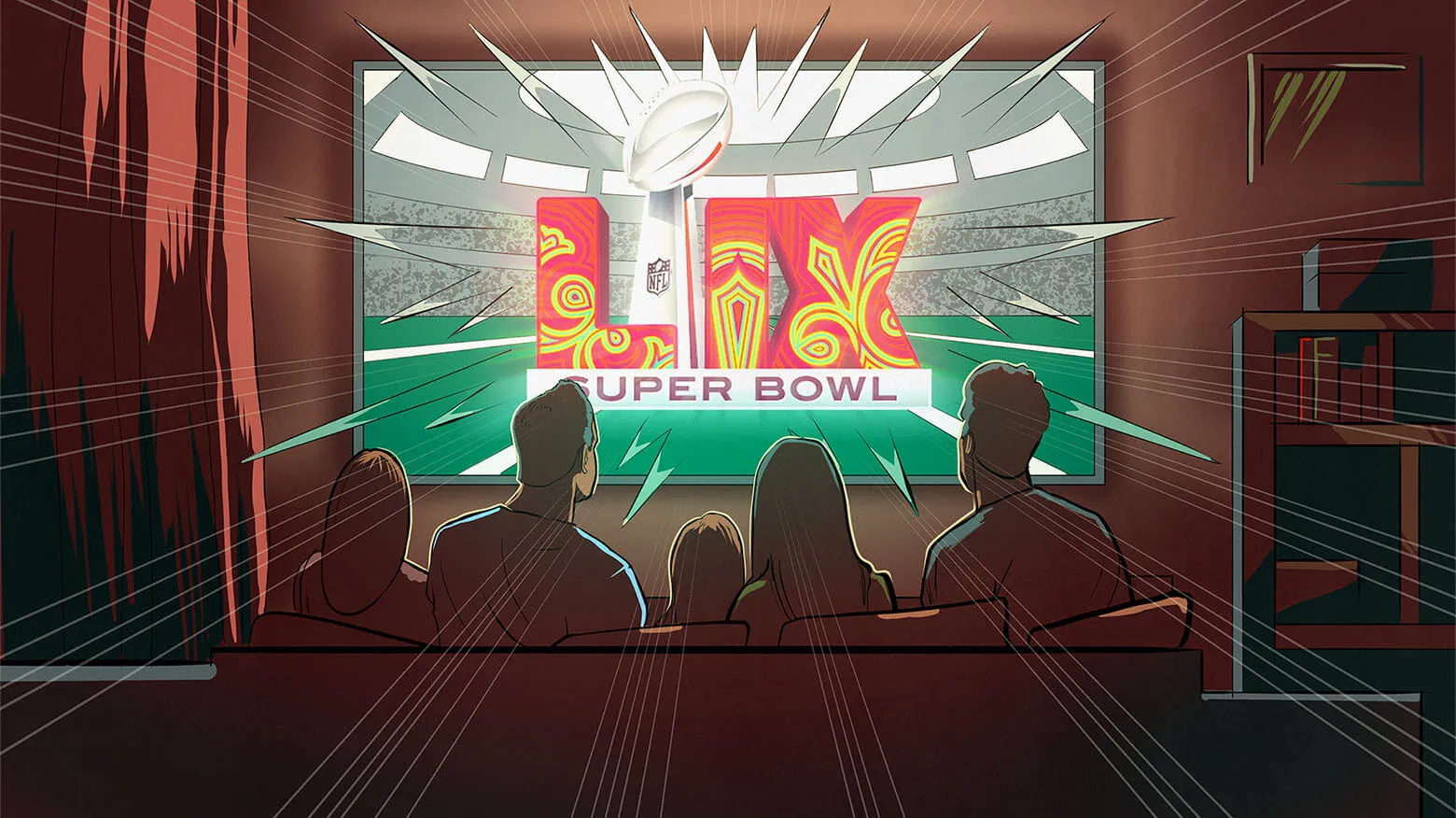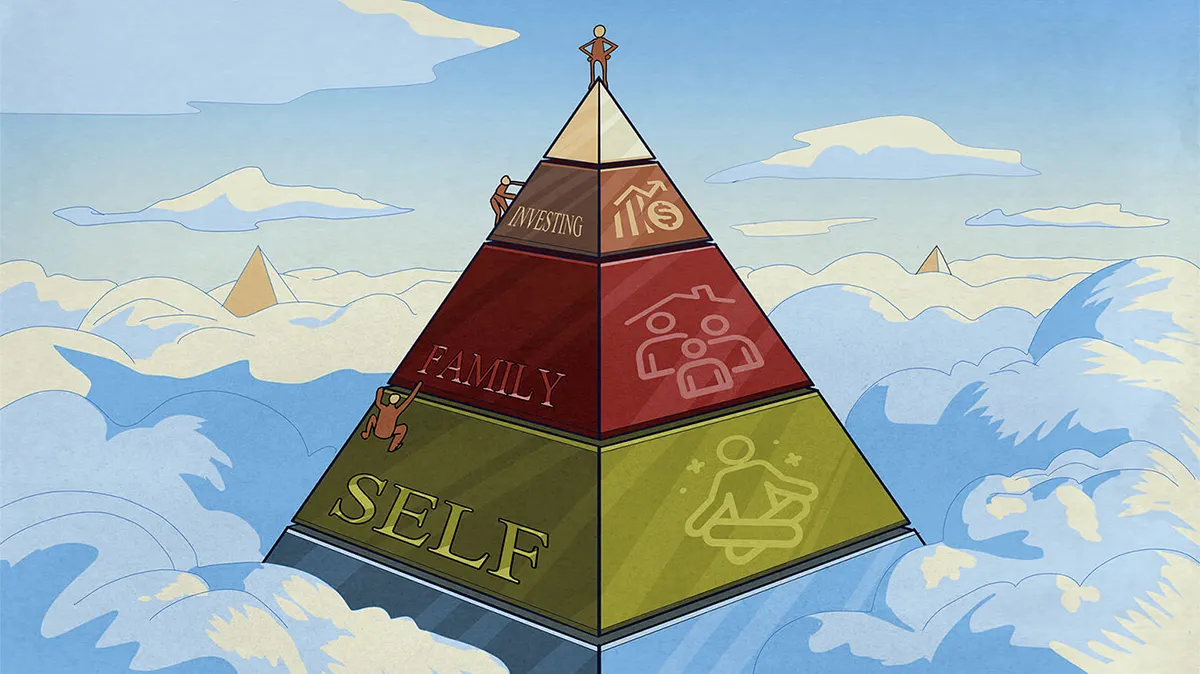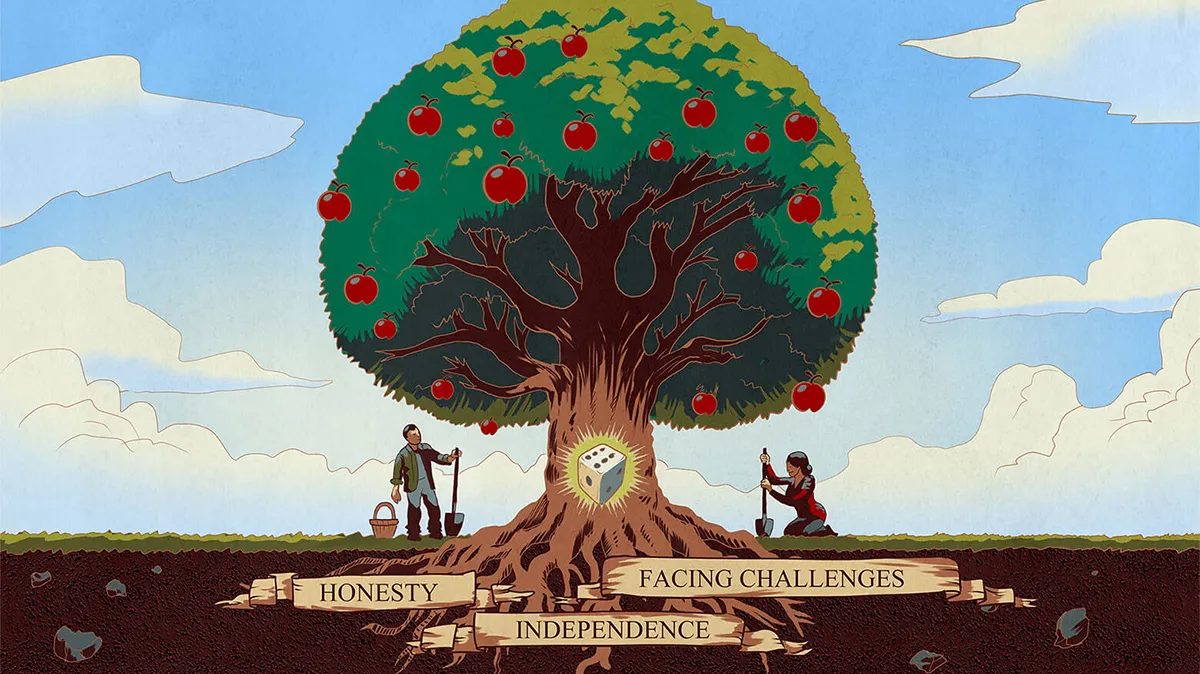My wife and I recently watched a Ukrainian comedy series. A history teacher is caught on video delivering a passionate rant about the sorry state of Ukrainian politics. The video gets posted on YouTube by his students; it goes viral; and the history teacher gets elected president of Ukraine.
The show is called The Servant of the People. (You can watch season one on Netflix; it has English subtitles). The series depicts the fight of an idealist outsider against a corrupt system run by oligarchs. Despite at times being an over-the-top comedy, the show does a great job of showing the sorry state of the Ukrainian political system and the weaknesses – and potential – of its economy. Unlike Russia, where in dictatorial fashion all the power is concentrated at the top with Putin, Ukraine has a much messier but also very corrupt democracy where the country is run and appropriated by oligarchs.
As you watch the series it is impossible not to fall in love with the history teacher turned president. You are disarmed by his idealism, his very fresh approach to the job of the president, his not wanting to be a czar but be a servant of the people. We watched the first three seasons of the show and absolutely loved it.
During season four life suddenly started to imitate art.
What started as a comedy show, in 2019 turned into a reality show. The actor who plays the history teacher, Volodymyr Zelensky, actually ran for the Ukrainian President and won 73% of the total vote!
Western media proclaimed, “Comedian is new president of Ukraine!”
This headline is what piqued my interest in Ukrainian politics and Mr. Zelensky and motivated me to watch the series. I wanted to understand how 73% of Ukrainians could vote for a “comedian”. I spent a whole weekend down the Zelensky rabbit hole, reading and watching anything about him I could put my hands on.
I came to the conclusion that calling him a comedian creates headlines but is almost like saying that Americans elected an actor for president, after Ronald Reagan had served two terms as governor of California. It diminishes his accomplishments in areas outside of acting.
Zelensky finished university with a law degree. Yes, he starred in movies and created and performed in a very popular traveling comedy troop (a Ukrainian/Russian version of Saturday Night Live, where he was performer, producer, and a writer). But he also built a production company (a movie studio) that produced very popular movies, TV shows, and cartoons for Ukrainian and Russian TV. He was a board member and producer of a TV channel.
I am not sure what pedigree qualifies one to be a president. Look all over the world and you find that political and business experience leads to very mixed outcomes. I watched hours of interviews with Zelensky and was very impressed with his thoughtfulness.
From today’s perch you can clearly see that Zelensky’s comedy series, The Servant of the People, which was very popular in Ukraine, is his manifesto of what the Ukrainian president should be. In addition to starring in the show, he was also its producer. In fact, The Servant of the People became the name of Zelensky’s political party.
I read Zelensky inauguration speech, and a few lines in that speech really touched me. They apply not just to Ukrainian politicians but to all politicians, including the ones serving this great country. (He is addressing the Ukrainian people and the politicians serving his country).
And please, I really don’t want you to hang my portraits on your office walls. Because a president is not an icon and not an idol. A president is not a portrait. Hang pictures of your children. And before you make any decision, look into their eyes.
Maybe if our political leaders followed Zelensky’s advice we’d have a better government, too.
You rarely see 73% of people voting for a candidate in a truly democratic election. You’d expect to see these types of numbers in some backward countries that you can’t find on the map, where the electorate is choosing between the current (dictatorial) president and a cardboard cutout opposition candidate. I can completely understand why almost three quarters of the country voted for Zelensky – he does not make the empty promises that almost every elected official around the world makes. He has the idealistic notion that the president’s single goal should be to serve his people and not himself.
History is not on Zelensky’s side. It is usually a strong, well-established democratic system with the rule of law or else a benevolent dictatorship like Lee Kuan Yew’s in Singapore (though I question the long-term sustainability of the benevolency) that leads to a prosperous, corruption-free country. Ukraine currently has a democratic kleptocracy. But then I think of Nelson Mandela and how he did not let South Africa turn into one of its northern neighbors (like Zimbabwe), and I become a bit more optimistic about Ukraine.
I have more of an economic interest, of course, in what happens with Brexit. We have a lot of investments in the UK, and Brexit may have a long-lasting impact on the EU – the world’s second largest economy.
I must be an idealist (a person who is guided by ideas, not practical considerations), or maybe the pragmatist in me has been drained by the toxicity of our current politics. But I have to admit, what is happening in Ukraine, a country of 45 million people, has lately been a lot more interesting to me, because there is a sliver of hope that one idealistic leader can change the course of the country. And maybe, just maybe, if one succeeds then this may turn into an idealistic revolution and we won’t have to choose anymore between which of two candidates we hate the least. Idealist, I am.









Great. Now I have to watch the series on Netflix. Thanks!